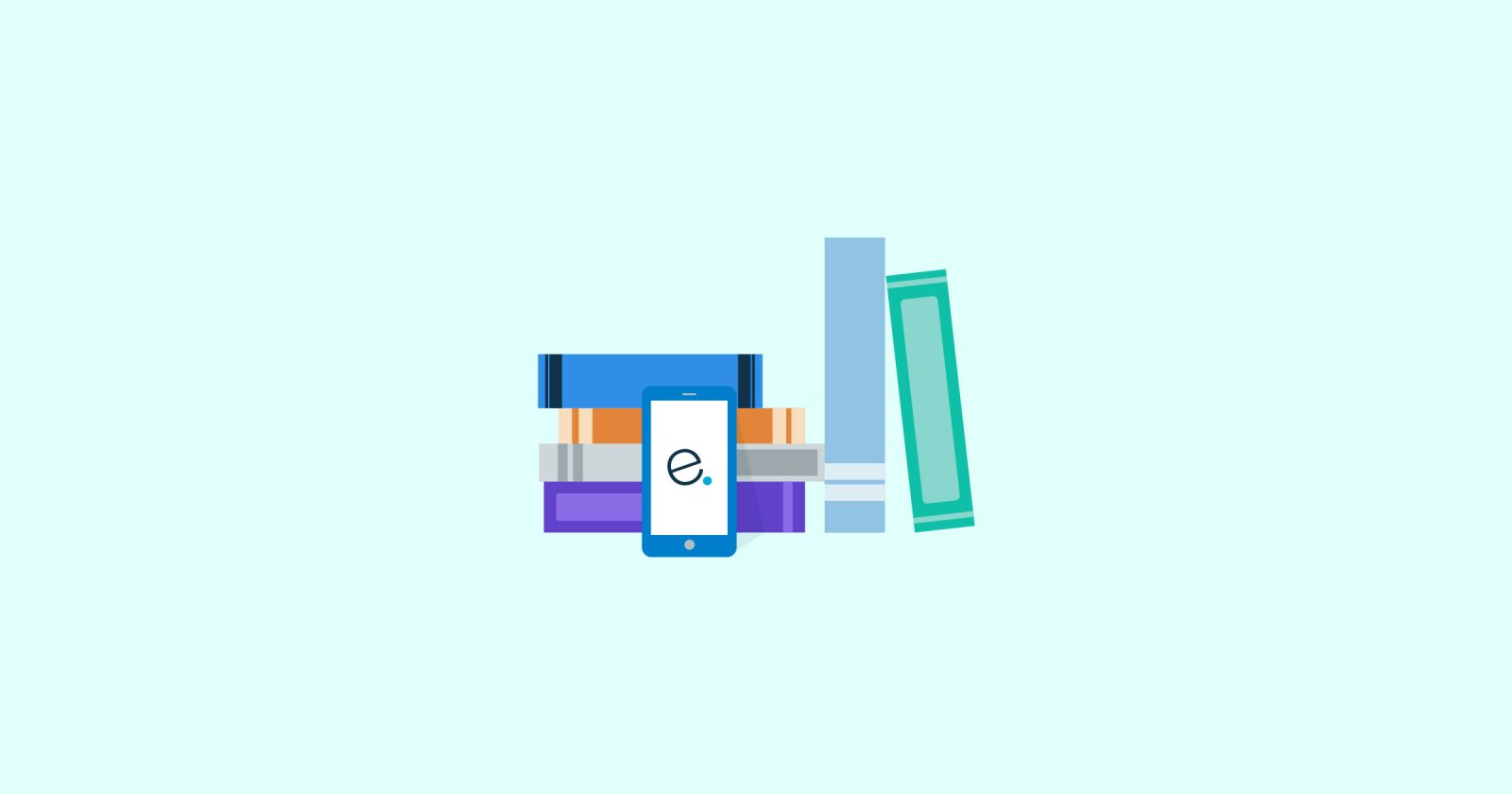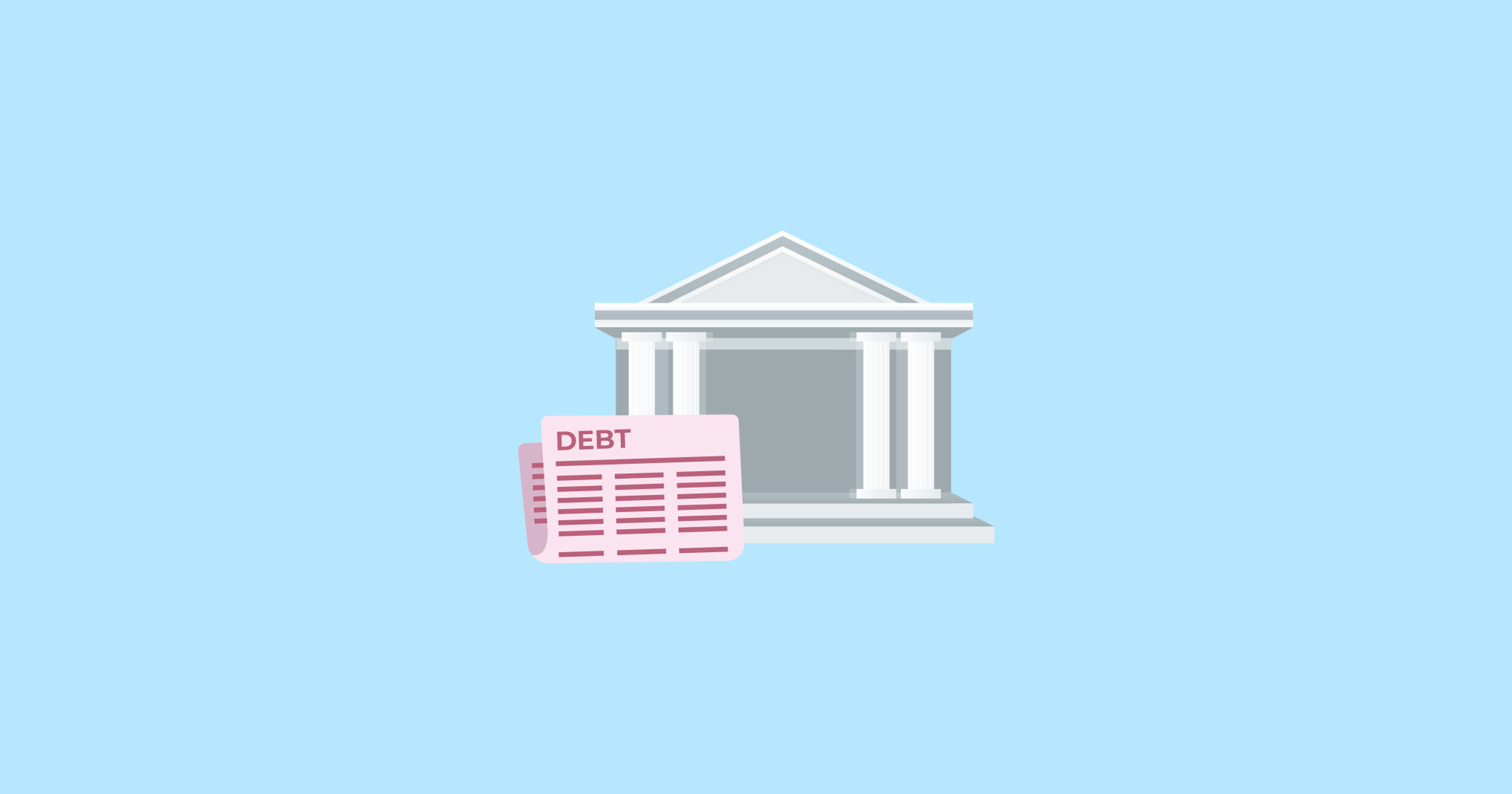Financial terms and banking jargon can make investing seem more complicated than it actually is. To keep from being overwhelmed, here are 15 terms to know as you begin your investing journey.
Basic banking terms for beginner investors
You’ll need a bank account to transact on investing platforms. That’s why it’s important to get familiar with a few banking terms.
1. Average Daily Balance (ADB)
Your daily balance is the amount of money in your account at the end of the day. Your ADB is the average amount of your daily balances over a certain period, which is usually 1 month.
Some bank accounts have a required ADB that you must maintain to avoid fees, and requirements may differ across varying account types. Keep this in mind when taking money out of your account for investing and other needs.
2. Deposit insurance
Deposit insurance guarantees that your money is safe when kept in the bank, but only within certain limits. If your account is covered, you’ll get your deposit back in case the bank closes.
Remember that most investment vehicles are not deposit products, and so there’s no guarantee that you’ll earn money or even get back the amount you invested.
3. Interest
Interest income is the cost of depositing money while interest expense is the cost of borrowing money. Simply put, you’ll pay interest when you take out a loan and you’ll earn interest when you deposit your money.
There is simple interest, which only applies to the principal or original loan amount. There is also compound interest, which applies to both the principal and the interest that was already paid.
4. Settlement account
A settlement account is a bank account that is assigned for other purposes, such as investing. When your investment has matured or you’re withdrawing your money, the proceeds will go into your settlement account.
Basic terms on investing readiness
To know if you’re ready to invest, you must assess your financial and emotional preparedness. Here are some terms to know when doing a financial health check.
5. Asset
An asset is something you own that can potentially grow in value over time. This can include cash, real properties, and investments.
6. Liability
A liability is what you owe. This includes debts and other financial obligations that you must settle. It’s ideal to be debt-free or have manageable debt before you invest.
7. Emergency fund
An emergency fund is the money you’ve set aside for unexpected yet necessary expenses. A good rule of thumb is to have at least 3 to 6 months’ worth of your total living expenses, but the ideal amount may depend on your situation and financial obligations.
8. Risk profile
Your risk profile shows how much risk you can take as an investor given your financial and emotional comfort levels. Understanding your risk profile is an important step in picking investments that match your needs and goals.
9. Time horizon
This is the length of time that you plan to keep your money in an investment before liquidating or withdrawing. The purpose of your investment, or your money goal, typically determines your time horizon.
Choosing the right investments can depend on whether you have a short-, medium-, or long-term time horizon.
10. Portfolio
A portfolio is a collection of investments. As an individual investor, it’s ideal to diversify your portfolio by spreading your money across different investments to help lessen risk.
Basic terms on investment options
You’ll likely come across these basic types of investments when considering your options.
11. Stocks
Stocks represent shares of ownership in a company. When you buy a stock, you own a portion of that company.
There are 2 possible ways to earn from stocks. Their prices tend to fluctuate, which may allow you to buy low and sell high. Select companies also share their profits to stockholders by way of dividends.
12. Bonds
Investing in bonds means you’re lending money to a company or government. In return, you’ll get fixed interest payments over a specified schedule.
13. Pooled funds
Pooled funds combine money from many investors to buy assets like stocks or bonds. They can make investing relatively easier and more affordable, especially for newbie investors.
Also called managed funds, common types include mutual funds and Unit Investment Trust Funds (UITFs).
14. Time deposit
A time deposit is a bank product that offers a fixed interest rate that is typically higher than that of a savings account. You must leave the money untouched during your chosen term to get your interest payment in full.
It is usually covered by deposit insurance and so it’s one of the few investment products you can consider if you’d like to take on the least risk possible.
15. Money market
The money market refers to the buying and selling of short-term debt products, whose maturity is typically less than 1 year. Money market instruments are considered as good as cash because they are highly liquid.
As a beginner, you can consider investing in the money market via a pooled fund if you’d like to keep your cash somewhere safe while potentially growing it by a modest amount.
Explore our Dictionary if you’d like to learn more investing terms to guide your decisions.




